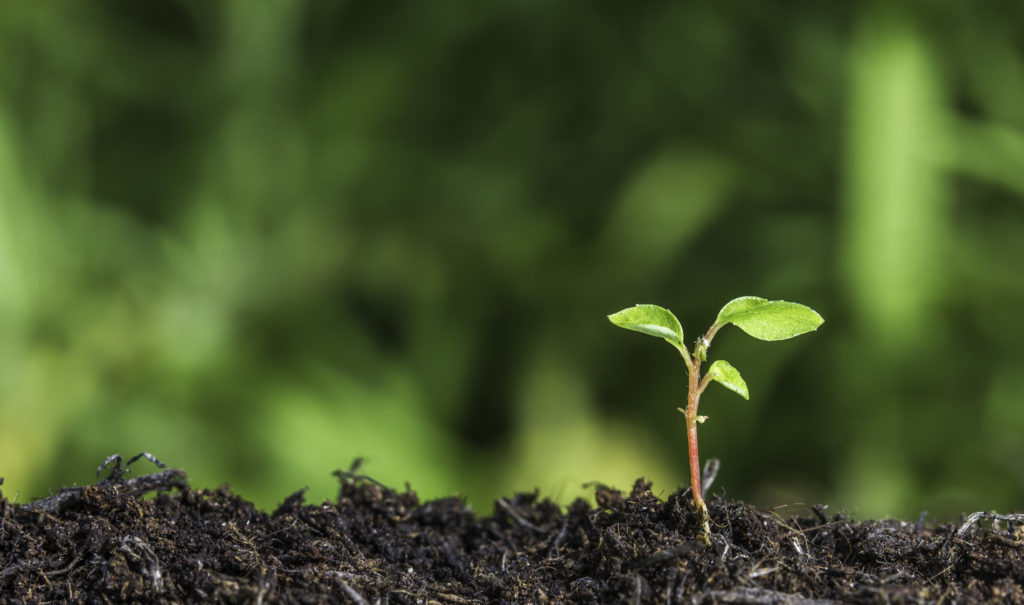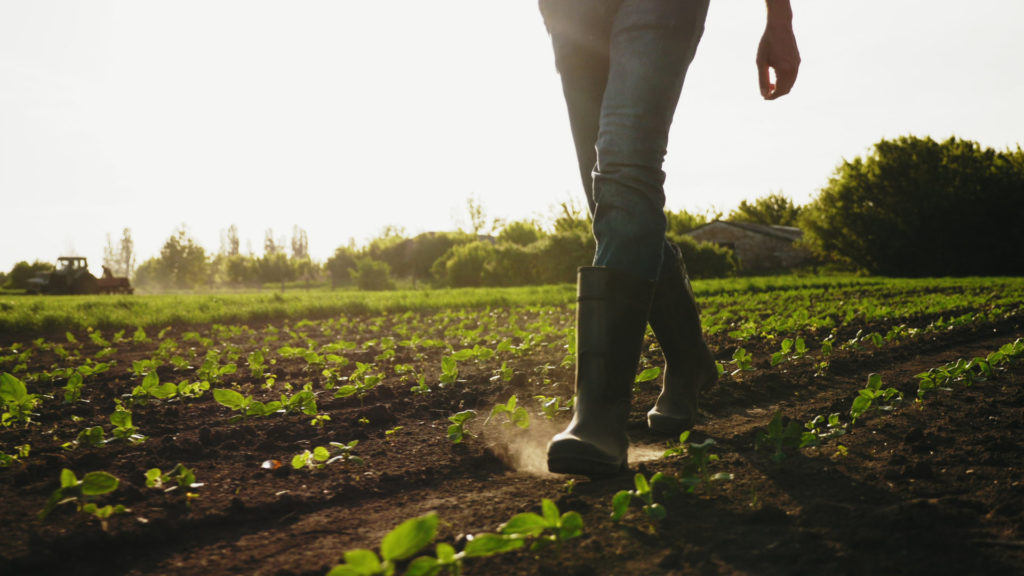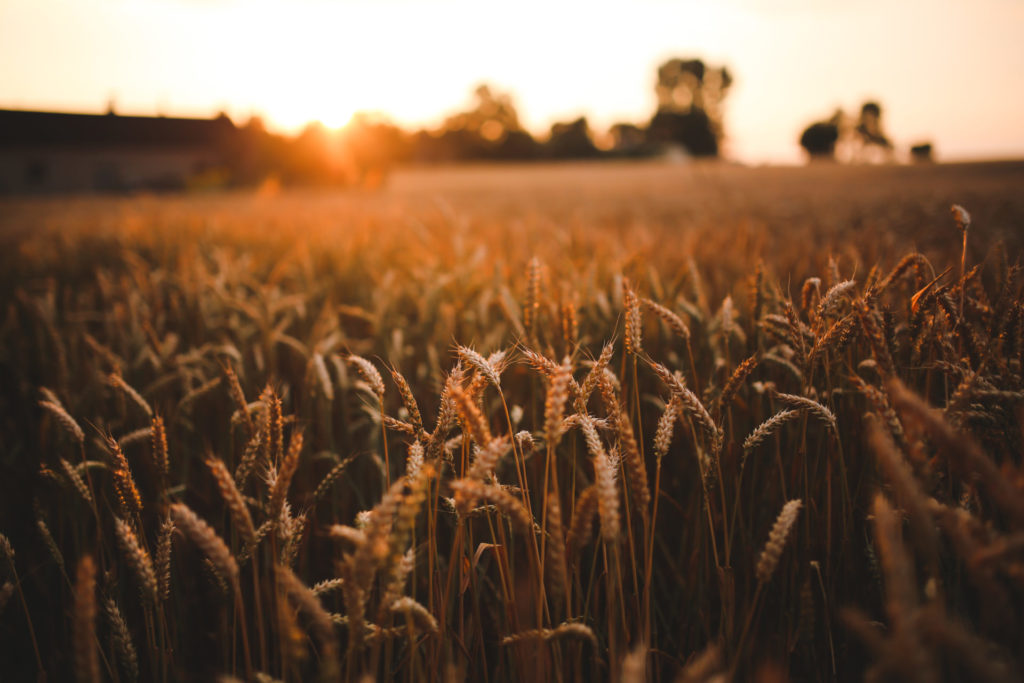
Soil Carbon Sequestration

Digital Dirt Update: Using AI/ML to Advance Soil Carbon Sequestration
By Scott Hinson– Pecan Street’s Digital Dirt initiative was designed to accelerate the development of cost-effective ways to predict how land management practices can increase soil organic carbon, a promising climate solution. The next generation of high-tech sensors will surely be part of the solution, but they a still far from being something most producers can use to obtain accurate results. We see significant near-term potential for simulation models to fill this gap.

Financing Will Drive Adoption of Regenerative Ag
By Jill Harlow – Data will drive the financial resources that emerge to help farmers and ranchers transition to regenerative agriculture. Our new white paper, Financing the Transition to Regenerative Agriculture and Beyond, examines how traditional agricultural funding resources can adapt to support innovative agricultural practices and inventories key players that are leading the way.

Soil Carbon Sequestration Can Help Us Meet COP Goals – AI Can Make it a Reality
As climate action takes center stage this week at the COP26 conference in Glasgow, Pecan Street will reflect on some of the issues we believe will be key to keeping global temperatures from rising above 1.5 degrees. Topics will include energy equity, water equity, transportation electrification, and energy data regulations. Next up is AI applications for soil carbon sequestration.

Digital Dirt: A toolkit to advance soil carbon measurement and verification solutions
Over the last year, Pecan Street has been working with some remarkable partners to apply our research and data expertise to some vexing challenges around carbon sequestration. Today, we posted some fruit of our labor, a Digital Dirt Toolkit that takes us several steps toward a data-driven solution

National Science Foundation Awards Grant to Pecan Street for First-of-its-Kind Research on Regenerative Farming and Farming Communities
The National Science Foundation awarded its Smart and Connected Communities grant to Austin-based research organization Pecan Street Inc. The project team will explore opportunities and barriers for the adoption of regenerative farming practices, and seeks to better understand collective decision-making about land use management by regional farming communities.

Three Keys To Unlocking The Climate Solution Right Under Our Feet
An article by Pecan Street's CEO Suzanne Russo was recently published by Forbes about the role that soil carbon sequestration can play in addressing climate change. This article was published by the Forbes Technology Council, of which Russo is a member. You can expect to see more thought leadership on the clean energy industry, technology, and our work to address climate change published through the Forbes Technolgy Council in the near future.

What is the intersection of farming and ranching with climate?
Guest blog by Dr. Lakisha Odom, Foundation of Food and Agriculture Research - Now more than ever, it is apparent that agriculture can be instrumental in addressing the needs of climate change and there is a potential positive impact that agriculture can have to address Greenhouse Gas emissions reductions. This positive impact has centered farmers and ranchers in conversations on the potential climate change solutions

Pecan Street Convenes Artificial Intelligence Working Group to Advance Soil Carbon Sequestration on Farms
Pecan Street Inc. and The Texas Advanced Computing Center (TACC) have launched a globally unique AI for Soil Carbon Sequestration Working Group to explore new methods for using artificial intelligence (AI) to overcome the barriers to widespread adoption of climate- beneficial farming practices.

We Don’t Have Time to Solve Problems One-at-a-Time. And We Don’t Have To.
By Suzanne Russo, CEO, Pecan Street - We can’t solve all of our problems independently – we don’t have time. And science tells us we don’t have to. So Pecan Street is adopting a Wicked Solutions approach to all our work. We will apply our unique capabilities to identify and prioritize the wicked problems that sit at the nexus of climate change mitigation and adaptation and focus our effort toward developing wicked solutions.

Your Data in Action
Over the past several weeks, our work has been focused on the COVID-19 pandemic and the momentum behind the racial justice and equity movement. As always, our home energy database has been central to the work we've accomplished.

Pecan Street Launches First-of-its-Kind Soil Carbon Sequestration Research Project
Austin-based research organization, Pecan Street Inc. is drawing on its past success in advancing climate and conservation solutions to explore new methods to accelerate market development of carbon sequestration on farms.

On COP 25 “Ambition Day,” Pecan Street Announces Soil Research Initiative
By Suzanne Russo, CEO, Pecan Street – The scale of the climate change challenge requires solutions of equal scale, and carbon sequestration within farmland soils offers a unique opportunity to reduce emissions. We believe the Pecan Street model can help to accelerate progress toward realizing the potential of this critical carbon sink.





